Marketing Agency
Saying Farewell to Your FYP? What a “TikTok Ban” Could Mean for Brands
- March 25, 2024
- Written by Leslie Torres
As of Wednesday, April 24th, Joe Biden has signed legislation leaving TikTok 270 days to sell either a part or whole portion of their company to a U.S. owner. If they fail to do so, TikTok will be banned in the U.S. TikTok CEO, Shou Chew, is working to fight against this.
The concept of a TikTok ban is not unfamiliar to anyone who has scrolled through their FYP (For-You-Page) in the past four years. Numerous videos have been created to warn the public of an impending TikTok shutdown. Over time, it starts to feel like it’s just mere talk. Nonetheless, the current “TikTok ban” carries an undeniable gravity. On Wednesday, March 13th, the House voted in favor of banning TikTok. Here’s a comprehensive breakdown of everything you need to know and its implications for the future of brands.
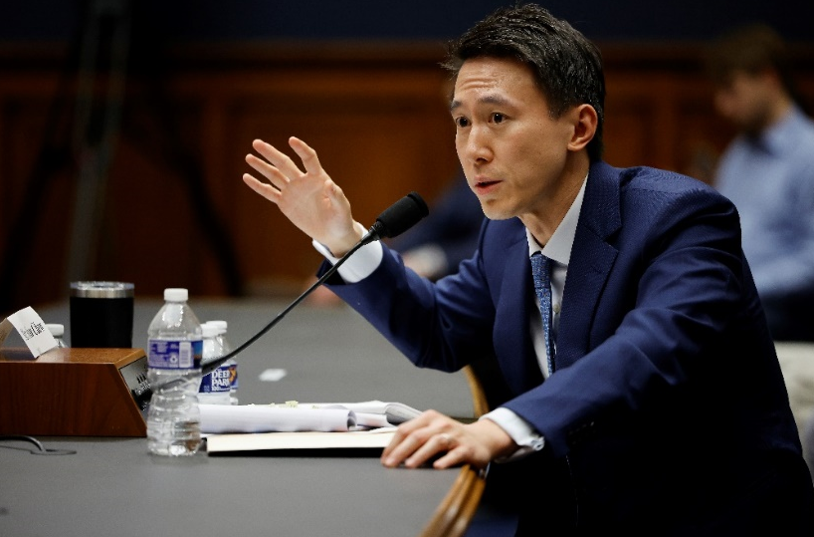
Why TikTok’s Future is Up for Grabs
Contrary to what may be circling on the internet, proponents of the bill are adamant that it’s not merely a matter of deciding whether TikTok should or should not be banned. Rather, dubbed the “Protecting Americans from Foreign Adversary Controlled Applications Act”, this legislation aims to pressure TikTok to divest from its China-based parent company, ByteDance. If TikTok fails to transition ownership to a U.S. entity, it faces being banned in the U.S.
But what’s prompting all the commotion?
Well, it’s not just about ASMR restock videos anymore; it’s about potential risks to user privacy and national security; the main problem lies in TikTok’s ownership by the Chinese government, sparking concerns from many policymakers regarding potential access to vast amounts of personal U.S. user data. Congresswoman DeLauro expressed her apprehension, stating, “That is why it is even more concerning that one of the United States’ most prominent adversaries, China, has control over the app. The app could be used to spy on Americans or to manufacture public opinion.” As discussions intensify, the future of TikTok in the U.S. hangs in the balance.
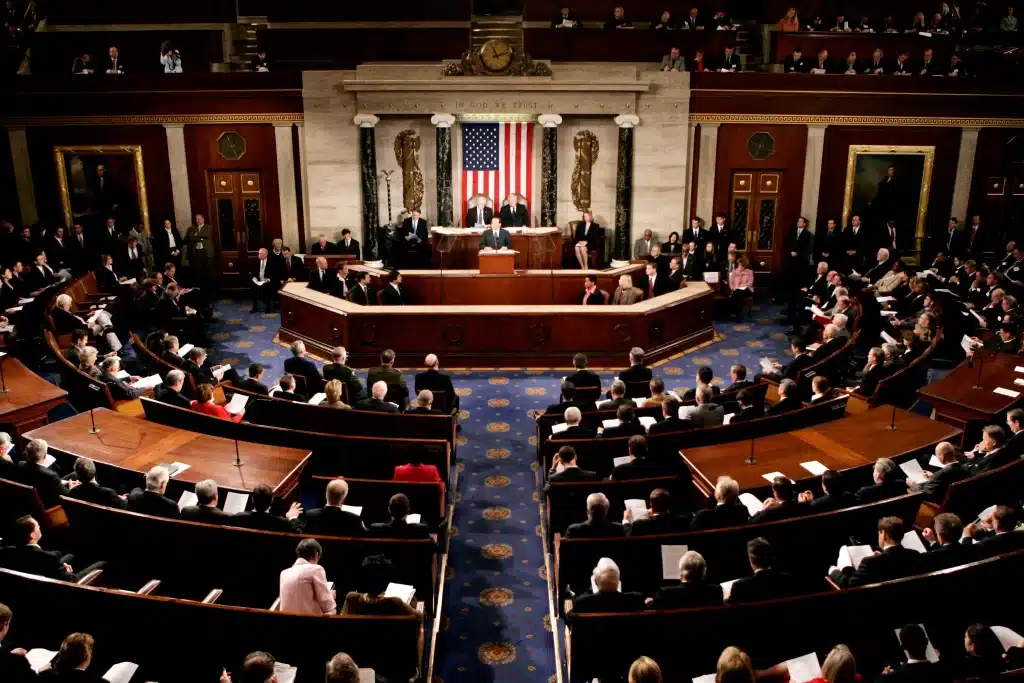
From the House to The Senate
The truth of the matter is TikTok’s vanishing act isn’t happening overnight. With the bill passed in the House, it moves on to the Senate for the next phase of its journey. If it successfully passes through the Senate, it will then reach its final destination to President Biden’s desk who has already given the bill his seal of approval.
While the House hurried to expedite the bill under a “suspension of the rules,” requiring a two-thirds majority to pass, the Senate is taking its time, granting users more opportunities to enjoy the app.
If the Senate joins in the Houses’ chorus of approval, ByteDance will face an approximate 5-month deadline to find a new buyer approved by the U.S. government. The terms of acquisitions mandate a complete separation, ensuring ByteDance no longer has any control over TikTok and its algorithms.
If Byte Dance fails or refuses to sell TikTok, distributing or updating the app in the U.S. would become illegal for app stores and web hosting companies. The Justice Department could act against any company linked with TikTok or its app.
So, back to the burning question on everyone’s mind. Are we saying farewell to TikTok for good?
Well, it’s dependent on if TikTok decides to sell and who they sell to.
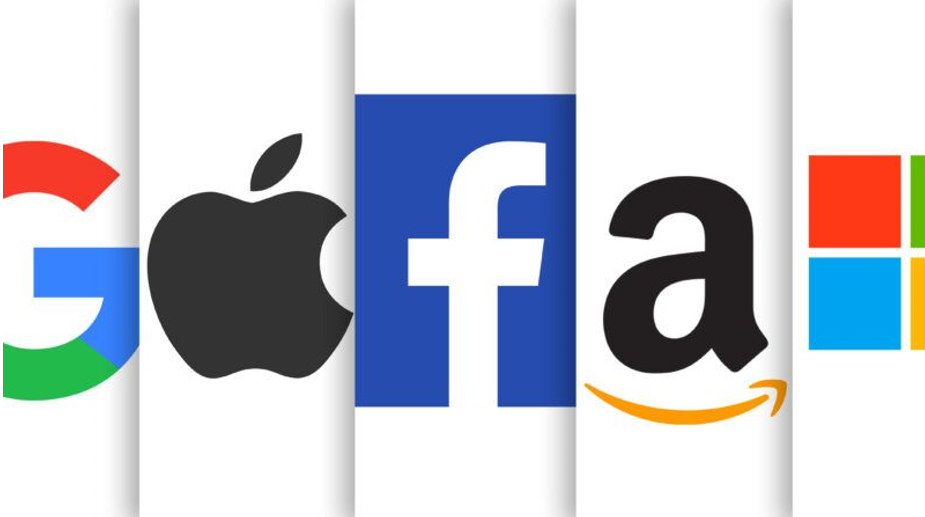
The Future of TikTok
Should TikTok decide to put itself (or part of its business) up for sale, it would come with a substantial price tag—grossly narrowing the pool of potential purchasers. Discussions are already underway on TikTok about who should step in as the new leader of the app. Beyoncè, Taylor Swift, and Mr. Beast are dominating the conversation. The prospect of establishing a creator-driven platform holds significant intrigue. While it wouldn’t be the first, given examples like Patreon, which was founded by musician Jack Conte, it could potentially become the most expansive platform of its kind. This would be especially compelling since it could offer creators more influence over their content and communities.
In the corporate realm, potential buyers capable of affording TikTok include tech giants like Microsoft, Google, and Meta. However, the prospect of Meta acquiring TikTok seems highly unlikely due to the idea that there could be a conflict of interest in creating a social monopoly, which might limit diversity and fairness in the online space. Nonetheless, if TikTok were to change owners, it could have significant implications, especially for brands and advertisers who occupy space on the platform.

What This Means for Brands
Statistics reveal that brands have witnessed significant revenue growth in the U.S. through TikTok. If TikTok were banned, it would be reasonable to assume that these businesses could take an equally significant hit. While larger brands may have more resources to sustain an immense and immediate change, the impact of a “TikTok Ban” could hold a heavy weight on small businesses that heavily rely on the platform.
Given the rise of influencer marketing on TikTok and its significance for content creators, brands should explore alternative channels such as Instagram Reels and YouTube Shorts to diversify their content and reach broader audiences. Repurposing content and refining social media strategies to encompass a multi-channel approach will be crucial in maintaining visibility and engagement.
Furthermore, staying ahead of industry trends and actively engaging with the community to communicate contingency plans are vital steps for brands navigating the evolving social media landscape.
As TikTok’s future remains uncertain, brands should also consider exploring emerging platforms like Triller and Lemon8 as potential alternatives. Ultimately, preparedness and adaptability will be key for brands to navigate potential disruptions and seize new opportunities in the ever-evolving social media landscape.
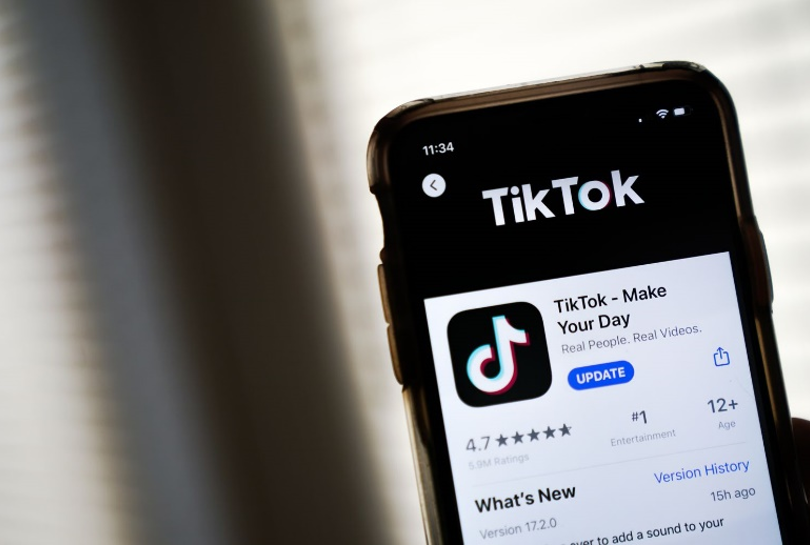
In summary, brands, especially those reliant on TikTok, must diversify their marketing strategies and stay agile amid uncertainty, exploring alternative platforms and collaborations. For expert guidance in adapting to these changes, contact us for support in optimizing your brand’s digital presence.






